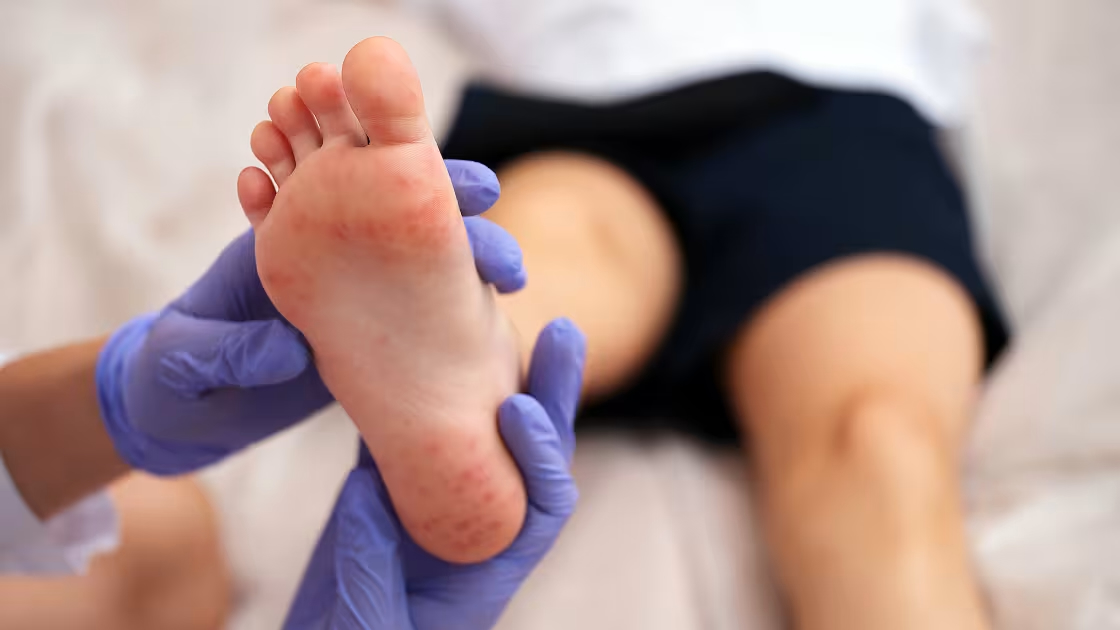A shooter killed a faculty member in a science building at the University of North Carolina at Chapel Hill on Monday, police said after a lockdown that paralyzed the campus community as authorities searched for the suspect.
Police arrested the suspect over three hours after the initial reports of shots fired came in from Caudill Labs, officials said at a news conference. Charges were pending, and the suspect was not immediately identified.
University officials also did not immediately identify the staffer who was killed and said it was too soon to offer a possible motive.
“This loss is devastating, and the shooting damages the trust and safety that we so often take for granted in our campus community,” Chancellor Kevin Guskiewicz said.
Get top local stories in Southern California delivered to you every morning. Sign up for NBC LA's News Headlines newsletter.
Emergency sirens sounded about two minutes after a 911 caller reported gunfire around 1 p.m. at the laboratory in the heart of the flagship campus, UNC Police Chief Brian James said.
Students and faculty barricaded themselves in dorm rooms, offices and classrooms until the lockdown was lifted around 4:15 p.m.
No other injuries were reported.
U.S. & World
News from around the country and around the globe
Adrian Lanier, a sophomore computer science major, told The Associated Press that he and others sat against a wall in a gym, trying to stay as far away as possible from doors and windows as rumors spread.
“No one really felt safe enough to leave. I didn’t,” Lanier said.
Oliver Katz, an exchange student from Copenhagen Business School in Denmark, said some students crowded into gym locker rooms to get away from windows while others crouched in corners and sat on the floor, he said.
“This never happens where I’m from,” Katz said. “It was intense. But I was a little surprised that other people weren’t panicking that much.”
Katz, who has only been on campus for two weeks, said he’s worried his home university will bring the exchange students back early. “I don’t want to leave. I like it here, and I do still feel safe.”
During the news conference, Guskiewicz apologized to students who are “feeling uncertain about your safety right now.”
James, the campus police chief, said it was unclear if the suspect knew the victim. He also said the weapon has not been found.
“We are looking for a firearm. It is too early to determine if the firearm was legally obtained,” he said.
During the lockdown, the university repeatedly sent alerts urging campus community members to remain sheltered in place.
About two hours after the first alert went out, officers were still arriving in droves, with about 50 police vehicles at the scene and helicopters circling over the school.
It took about an hour and a half to lift the lockdown after the arrest because authorities were making sure they had the right suspect in custody, James said.
Police also had received calls around campus about other potential victims and gunshots that needed to be checked out, he said.
“We had to ensure that the entire campus was safe,” James said.
The building where gunfire broke out is a stone's throw from the school's iconic Bell Tower and just doors down from the store that sells students books and other merchandise.
Classes started at UNC, the nation's first public university, a week ago. The university, with about 20,000 undergraduate students and 12,000 graduate students, canceled Tuesday classes.
During the lockdown, a student told TV station WTVD that she had barricaded her dormitory door with her furniture. Another student, speaking softly, described hiding in fear with others in a dark bathroom.
Noel T. Brewer, a professor of health behavior and a 57-year-old married father of two, told the AP by phone — as he hid with colleagues in his locked office during the lockdown — that he was once held at gunpoint in his mother’s jewelry store, but that Monday’s events were “far more stressful.”
___
Robertson reported from Raleigh, North Carolina, and Rankin reported from Richmond, Virginia. Associated Press writers Sarah Brumfield in Silver Spring, Maryland, and Ben Finley in Norfolk, Virginia, contributed to this report.



